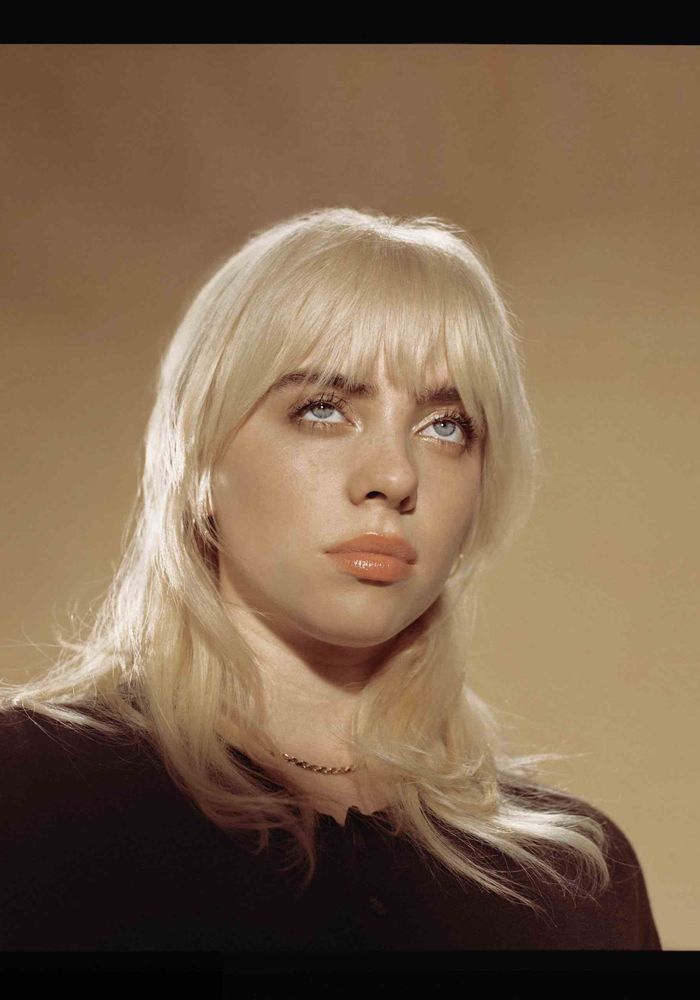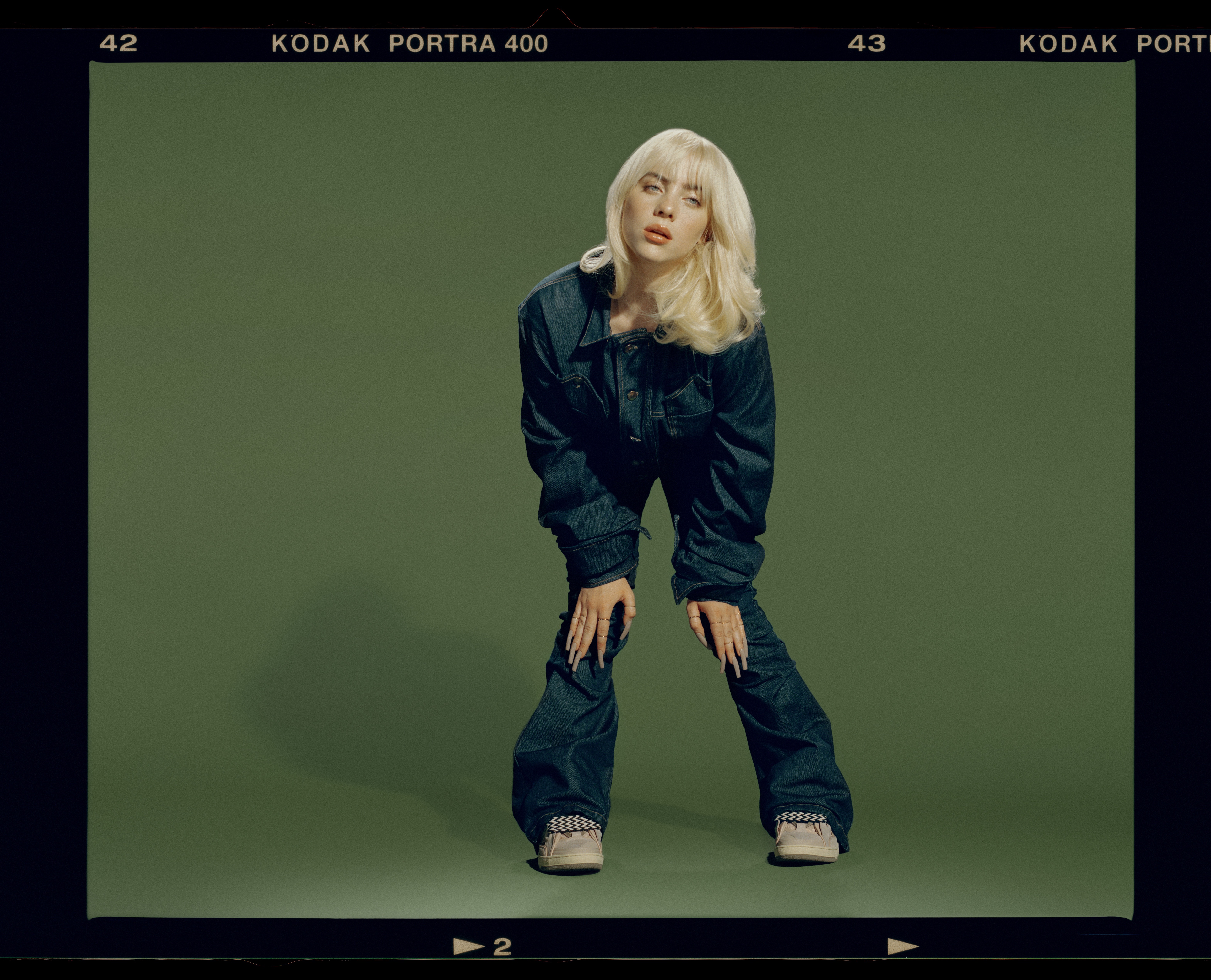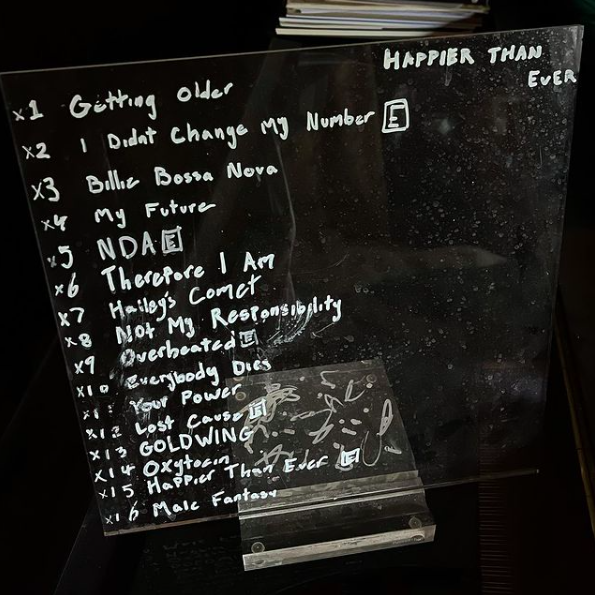Billie Eilish’s second “studio” album, Happier Than Ever, is one of the most anticipated albums of the summer. Headliner draws attention to the word ‘studio’ there because famously, Eilish’s chart topping debut, When We All Fall Asleep, Where Do We Go? was not recorded and produced in a studio at all – but entirely in her brother, Finneas O'Connell’s bedroom in their family home in Highland Park, Los Angeles – with it revealing a seismic shift in the way commercially successful music can be made without all the bells and whistles.
Perhaps a few years ago the average music-listener would not have even been aware of the term “bedroom producer”, however now the brother-sister duo’s monumental success has thrust the term firmly into the mainstream for all to see.
The Finneas-produced When We All Fall Asleep, Where Do We Go? dominated the charts in various countries in its first week of release, and in three months it had sold more than 1.3 million copies in the US, going on to become one of the best-selling albums of 2019.
And that’s not mentioning the Grammys – the album picked up six in total at the 62nd awards, including the much coveted ‘big four’ – Album of the Year, Song of the Year, Record of the Year, and Best New Artist, while Finneas took home Producer of the Year, Non-Classical for his efforts.
Notably, while picking up the Grammy for Song Of The Year for Bad Guy, Finneas dedicated the award to “all the kids making music in your bedroom”.
Clearly, a professional studio kitted out with state-of-the-art gear was no longer necessary in order to produce a hit record. Finneas demonstrated that armed with a laptop, an acute skill, and free from expensive studio rental costs, the sky was the limit.
Early on, Finneas highlighted his preference for bedroom recording in a Tweet: "People act like recording Billie's album in my bedroom was difficult but in reality, every time I'm in a fancy a-- studio it takes them a f---ing hour to get the aux cord working”.






